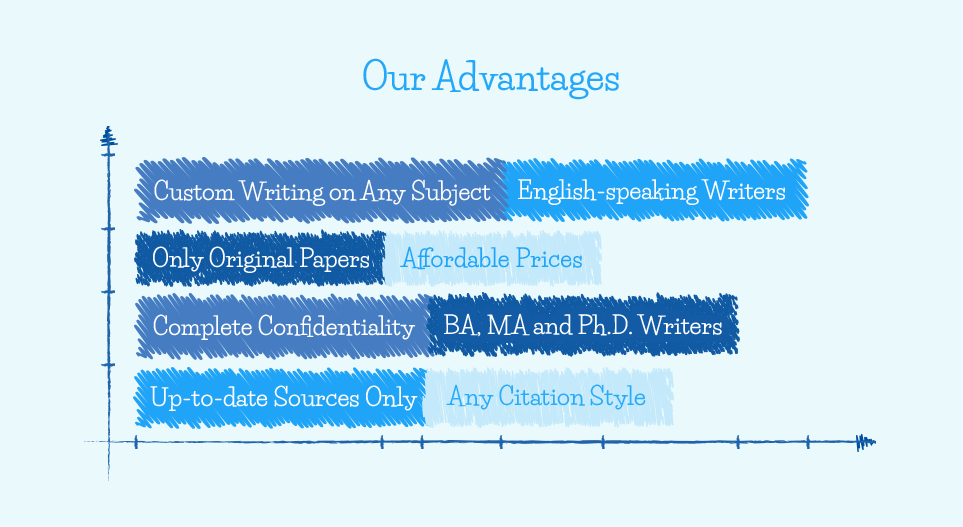Decade Before the Independence
The United Arab Emirates managed to unite into a federalist state in 1971 as it gained independence from the UK. Various factors influenced such a result. Therefore, it is obvious that the period before December 2, 1971, influenced the outcome that produced a new country in the Middle East, which eventually became one of the most prospering ones. Considering the last 10 years of the British protectorate, it becomes obvious that Great Britain has been influencing policy and development of the peninsula for many years. However, the last decade before 1971 demonstrated that Great Britain was no longer able to control, protect, and keep providing expenditures for the Trucial States (Emirates and several of their neighbors). The fact that keeping Trucial States dependent on the UK was not beneficial for London was recognized by British officials during that period. Moreover, there were preconditions for independence inside the Emirates as well. For instance, the beginning of the oil trade happened during the same period. Moreover, the national movement, including the political activity of Sheikh Zayed, was leading the country toward independence. Thus, the last decade before 1971 was crucial for the UAE’s independence because it involved a series of important events and factors, such as the economic problems of the UK, the beginning of the national movement in the Emirates, and oil production.
British Decisions
Great Britain had been a great empire with lands all around the world for many centuries, and such a policy was still applied in its foreign affairs even after many countries had already achieved formal independence in the middle of the 20th century. The tendency for massive decolonization was caused not only by morality and international law but also, in Britain’s case, by the fact that it had to spend too much money on the countries that were under its protectorate. Therefore, in the 1960s, when Britain had already lost its world position to the United States of America, it could not afford to keep the Trucial States under its power.
The UK then Secretary for State Defense, Denis Healey, reacted with criticism to the suggestions concerning British withdrawal from the Gulf in 1966. As the opposition concluded that the UK could not be further present in the Gulf, Healey believed that such a decision would be completely irrelevant to the situation that existed at that time. “The Gulf is an area of such vital importance, not only to the economy of Western Europe as a whole but also to world peace”, he said in his Parliaments speech (Denis Healey Speech, 1966). He also stated that the United Kingdom would act irresponsibly if it withdrew its forces from the Gulf unless they were sure that peace and order would be maintained (Denis Healey Speech, 1966). Healey either did not believe that the Gulf would remain peaceful or simply used such an argument to justify British presence in the region. However, he changed his mind a year later because of the undeniable economic problems and pressure of the international community. He stated that he hoped that the United Kingdom would be able to withdraw from the Gulf, as well as from Malaysia and Singapore until 1969-1970. Therefore, it is obvious that such a difference between these two statements can only be explained by the fact that in a few years the economic situation in the UK showed the entire inexpediency of keeping the Gulf under British control.
In January 1968, the Prime Minister of the UK announced that the British defense would be withdrawn from the Trucial States, meaning that the states would become independent. Such a decision had to be made by both parties of the British Parliament as well as the international community meaning that the UK could not continue to protect those countries and influence their foreign policy (Fullard, 2018). As a result, the Emirates achieved an opportunity to begin its state construction. However, the fact that Great Britain allowed these states to be free and conduct their policies on their own could not guarantee further success. Therefore, Trucial States needed several other preconditions, such as willingness for national self-determination and economic capacity. Fortunately, these factors also existed in the countries at the time.
Oil Factor
Nowadays, it is obvious that oil is an important factor in the UAE’s economic prosperity. Even though this country tries to develop other spheres, oil export is still its main source of income. However, oil was also an important factor in the Emirates’ ability to form a sovereign state (Fullard, 2018). Undoubtedly, any newly formed state has to obtain the economic capacity to provide its population with proper social standards and protect the country from possible dangers. The first discoveries of oil began even before the Second World War. However, the production and trade of oil from the Gulf started in the 1960s. Namely, the first state to sell oil was Abu-Dhabi.
Articles written in the 1960s demonstrate that there were significant amounts of oil discovered in the Emirates at the time. For example, the seizure of several drillings in Abu Dhabi was broadcasted in the New York Times. The author of the article calls the oil deposits of the emirate an “Oil Oasis”. The article describes the clash between British-led Emirati and Saudi Arabian forces for the “Buraimi Oasis in Southeastern Arabia” (Welless, 1955). This article presents facts about the conflict that happened because of oil. However, the name itself which featured the words “Briton-lead Arabs” demonstrates a tone that can be considered as the US was trying to gain influence in the Gulf region and the UK was its opponent. Nevertheless, the article presents generally truthful facts while reporting an incident. Moreover, the state of Abu Dhabi had already begun appearing as an important international player when it granted a concession for oil deposits to some European companies (Oil Concession Granted, 1966). This event was also overviewed in the New York Times in 1966. This article presents facts rather than a perspective and reports a concession that was granted on an oil source. Moreover, the information stated there could not be emotionally changed. The facts presented in the article, including Abu Dhabi’s cooperation, show that the Emirates had preconditions for economic growth and development at the time of the British protectorate. Taking into account the fact that Abu Dhabi appeared as a central state in terms of oil discoveries and other 1960s events concerning oil in the Gulf, it is obvious that this state had great economic opportunities during the last decade before independence. Nevertheless, state-building would still be impossible without a proper level of consolidation of all the states. So, the political factor was also extremely important for the future country, and it also went through important changes during the discussed period.
Political Factor
Emirati independence coincided with the development of political thought in one of the largest emirates. Undoubtedly, it became an important precondition to independence, and it would be hard to imagine such a rapid development of the country without a proper government. Fortunately for the UAE, a person with great political ambitions and a vision of necessary steps became the monarch of Abu Dhabi and started conducting a policy that was largely directed at the improvement of the Emiratis’ quality of life. Sheikh Zayed became the monarch of Abu Dhabi in 1966 (Fullard, 2018). In a few years, he built numerous schools and hospitals. Such steps were necessary because the country had a strong economic capacity and an opportunity to provide people with proper social standards. In such a way, Sheikh Zayed won people’s respect and support, which helped Abu Dhabi obtain a strong and stable leader for the last years of dependence on the United Kingdom. As a result, Sheikh Zayed became the first president of the newly formed federation in 1971. Undoubtedly, a successful social policy implemented by Sheikh Zayed demonstrated that Abu Dhabi and the other emirates could operate on their own because of the positive economic preconditions. The political activity of Sheikh Zayed helped the Emirates handle the initial period after they united successfully and swiftly.
How it works
Step 1
Visit our website and go to the order formStep 2
Fill in specific essay details in your order description sectionStep 3
Pay for your custom essay and get your order verifiedStep 4
Process of writing your academic assignmentStep 5
Editing and anti-plagiarism checkStep 6
On-time delivery of an already written essayConclusion
The United Arab Emirates is nowadays a powerful country and international actor. However, 50 years ago such a country did not exist, and its lands were dependent on the United Kingdom. Great Britain ruled many spheres of Emirati life. However, the last 10 years before 1971 were decisive for the Trucial States’ future. Great Britain was not able to keep these states under its rule anymore. Economic conditions were tough for London, and many policymakers supported withdrawal from the region. Furthermore, even those who did not support the withdrawal initially, changed their mind and spoke for the end of the protectorate in the 1960s. In 1968, the Prime Minister of the UK announced that the country would withdraw from the Gulf. The future United Arab Emirates also started producing and trading oil in the 1960s, which demonstrated the economic opportunities that appeared for the Emirates. Some states that produced oil had international value even in the 1960s. Moreover, the political factor also developed during the last few years before 1971. For instance, Sheikh Zayed gained control over Abu Dhabi and provided the state with positive social changes. Later, Zayed was able to become the first president of the UAE and help the new country develop rapidly.

















